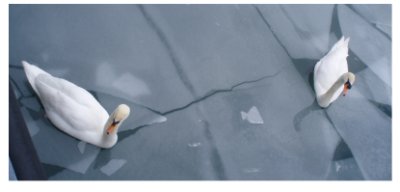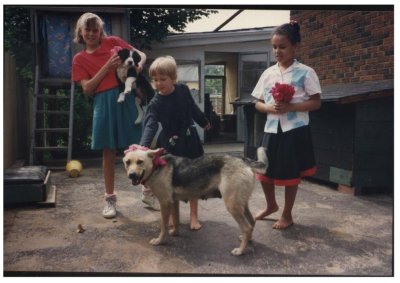CARRUSEL
Stephanie Meyer*
 Fotografía: Stephanie Meyer |
|
REVOLVER por Stephanie Meyer* |
CARRUSEL por Stephanie Meyer* |
|---|---|
|
The purpose of the game is, first of all, to get to know each other better, and, secondly, to support conversation between students. First of all, you form two circles, an inner and an outer one, each with the same number of people. Each person in the inner circle needs to have a partner in the outer one. They have to face each other. Before you start the game you should have chosen some interesting topics to talk about, e.g.:
Now, for the first round you ask the students to talk, for example, about their families. After a few minutes you ask either the inner or the outer circle to move some spots to the right or to the left (e.g.: "Now I want the outer circle to move 5 spots to the right!") That gives everyone a new partner to talk to. The entire activity can take quite some time, if you have communicative students. I found it very beneficial for them actually to have a while to exchange information and just talk because in this context (foreign) languages are used in a more natural situation. Students enjoy the casual atmosphere, and it is a perfect break from working with the text book all the time. |
Objetivo: El propósito del juego es, primero, que los estudiantes se conozcan mejor y, segundo, promover la conversación entre ellos. Procedimiento: Primero hay que formar dos círculos, uno interno y otro externo con el mismo número de personas. Cada persona en el círculo interno necesita una pareja en el externo. Tienen que quedar frente a frente. Antes de iniciar el juego tendrán que elegir algunos temas interesantes para platicar, como:
Ahora, para la primera ronda, se pide a los estudiantes que hablen, por ejemplo, de su familia. Al cabo de unos minutos, se pide sea al círculo interno, sea al externo, que se mueva tres o cuatro lugares hacia la derecha o hacia la izquierda (por ejemplo: "Por favor, muévanse cuatro lugares a la izquierda."). Eso les da la oportunidad a todos de tener un compañero nuevo con quien platicar. La actividad completa puede tomar bastante tiempo, si tienen estudiantes comunicativos. Ha resultado muy útil que dispongan de un buen rato para intercambiar información y platicar simplemente; se da en un contexto en el que se usa la lengua (extranjera) de manera muy natural. Los estudiantes disfrutan la atmósfera relajada y la actividad ofrece una pausa perfecta para hacer algo diferente del libro de texto. |
|
Lectora de Alemán en la Universidad de Guelph Universidad de Guelph, Ontario, Canadá Stephie.Meyer@web.de |
Lectora de Alemán en la Universidad de Guelph Universidad de Guelph, Ontario, Canadá Stephie.Meyer@web.de |
Traducción al español de Emma Jiménez Llamas








